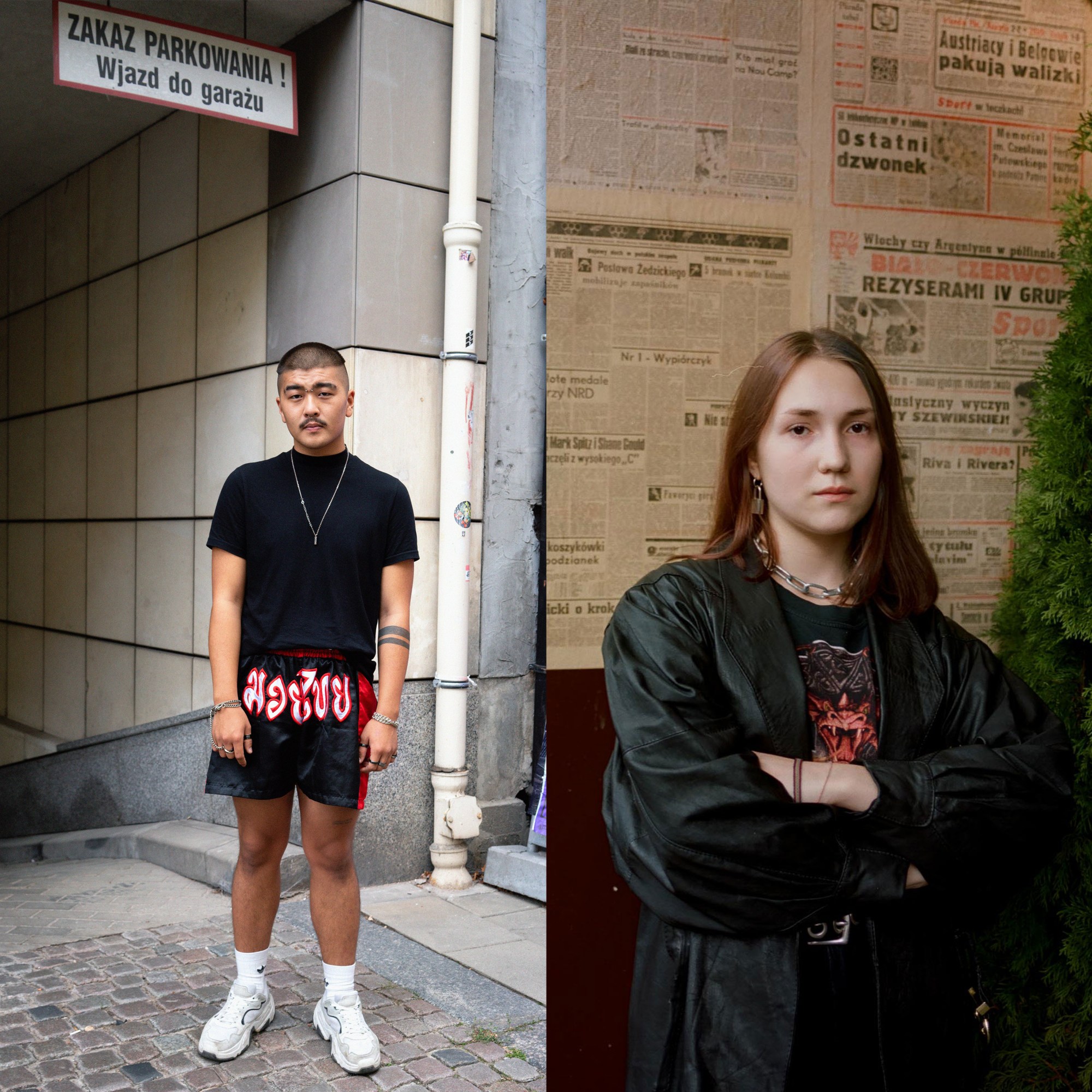On 20 July, the Polish city of Białystok hosted its first ever Pride march. Whilst the event in itself was a huge achievement for local organisers, given the city’s reputation as a conservative stronghold, the LGBT community was met with violence from counter-protestors. As a result, the event made international news for all the wrong reasons.
What happened at Białystok Pride, while horrifying, also wasn’t an isolated incident. Since the country’s populist right-wing Law and Justice Party (PiS) won the 2015 parliamentary election, Poland’s LGBT community has increasingly been under siege — used as a scapegoat to bolster the popularity of the government, whose policies focus on preserving the idea of the “traditional Polish family” and rejecting what it calls Western “LGBT ideology”.
With parliamentary elections coming up in October, the Law and Justice party are now intensifying anti-LGBT rhetoric, encouraged by parts of the country’s Catholic Church and some media outlets — one newspaper, Gazeta Polska started distributing “LGBT-free zone” stickers. But Poland’s LGBT community is mobilising and fighting back, both by organising further Pride marches across the country, fundraising for LGBT organisations, and making themselves visible, such as through the viral campaign #jestemLGBT [I am LGBT].
We caught up with some of Poland’s LGBT community in the capital Warsaw, to talk about the current political climate, their hopes and fears for the future, and what it’s like to be a young and queer in Poland right now.
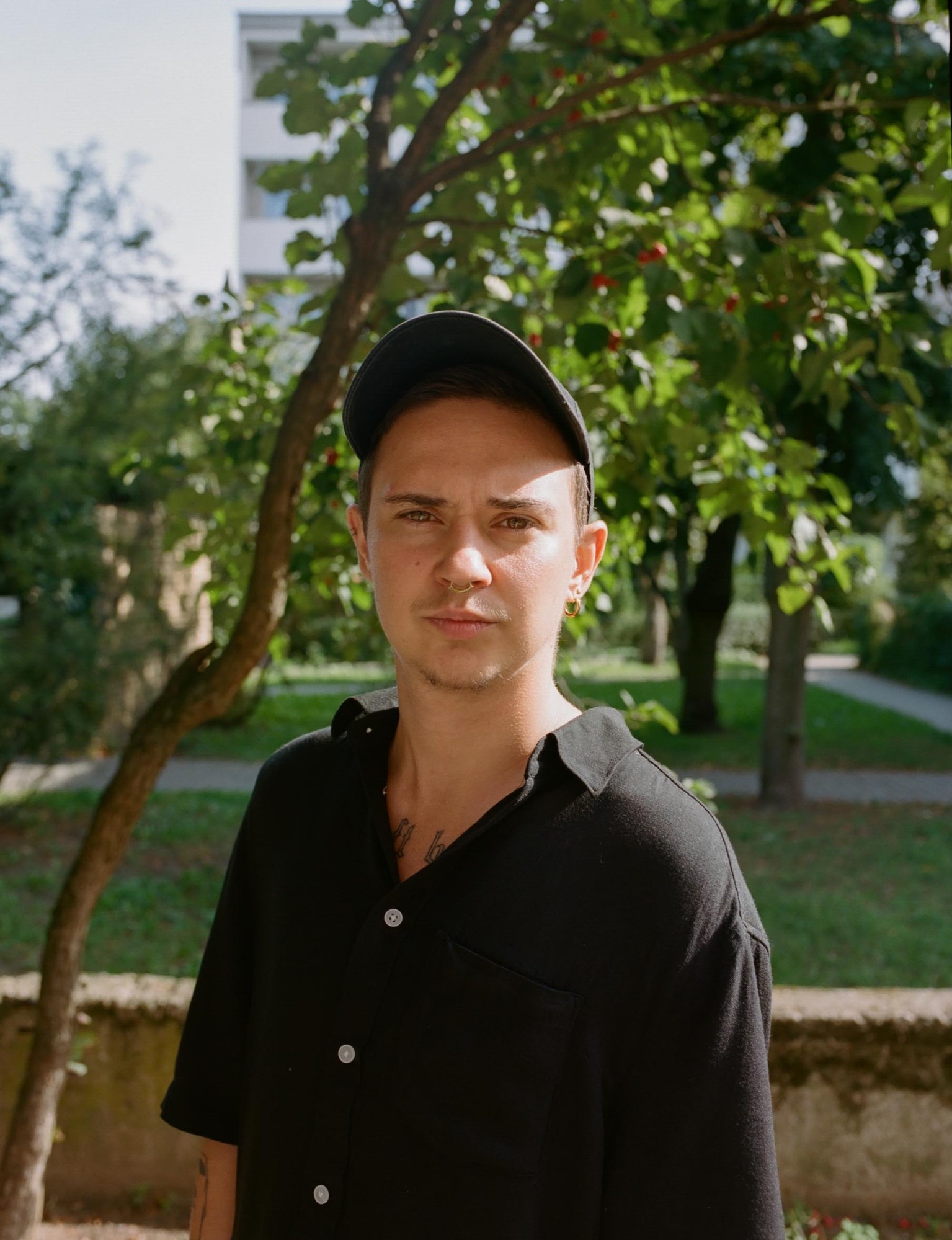
Anton, 27
Describe Poland to someone who’s never been. We’re a country of huge divisions. It’s a country that’s this conservative Catholic place on the one hand, and on the other, is willing to be a western European country. We have this huge tension between the progressive part and the traditional one, and the politicians in Poland know how to play those tensions perfectly.
What was it like growing up in the LGBT community in Poland? I grew up among liberal people so I wasn’t really aware of homophobia. When I was coming into my transgender identity, that’s when I realised there’s a lot of transphobia in Poland, especially legally. If you’re transgender and you want to go on hormone treatment then you have to go through a really long process of diagnosis where the so-called specialists ask you so many questions. If you want to change your gender legally then you have to sue your parents for wrongly assuming your gender when you were born – it’s so shitty.
You were one of the journalists reporting from Białystok Pride – what happened? The counter protestors attacked us verbally and physically. They were shouting, “faggot, fuck off,” and “you’re not welcome here.” I was live streaming and they were trying to stop me. When the government says we’re a destructive ideology — not people — then other people stop seeing the other person in us. Now I’m really scared what will happen if the ruling party wins the election, and how far they’ll go. You never know if you’re just a tool to win an election or if they’re really going to try and change the legislation to make your existence illegal.
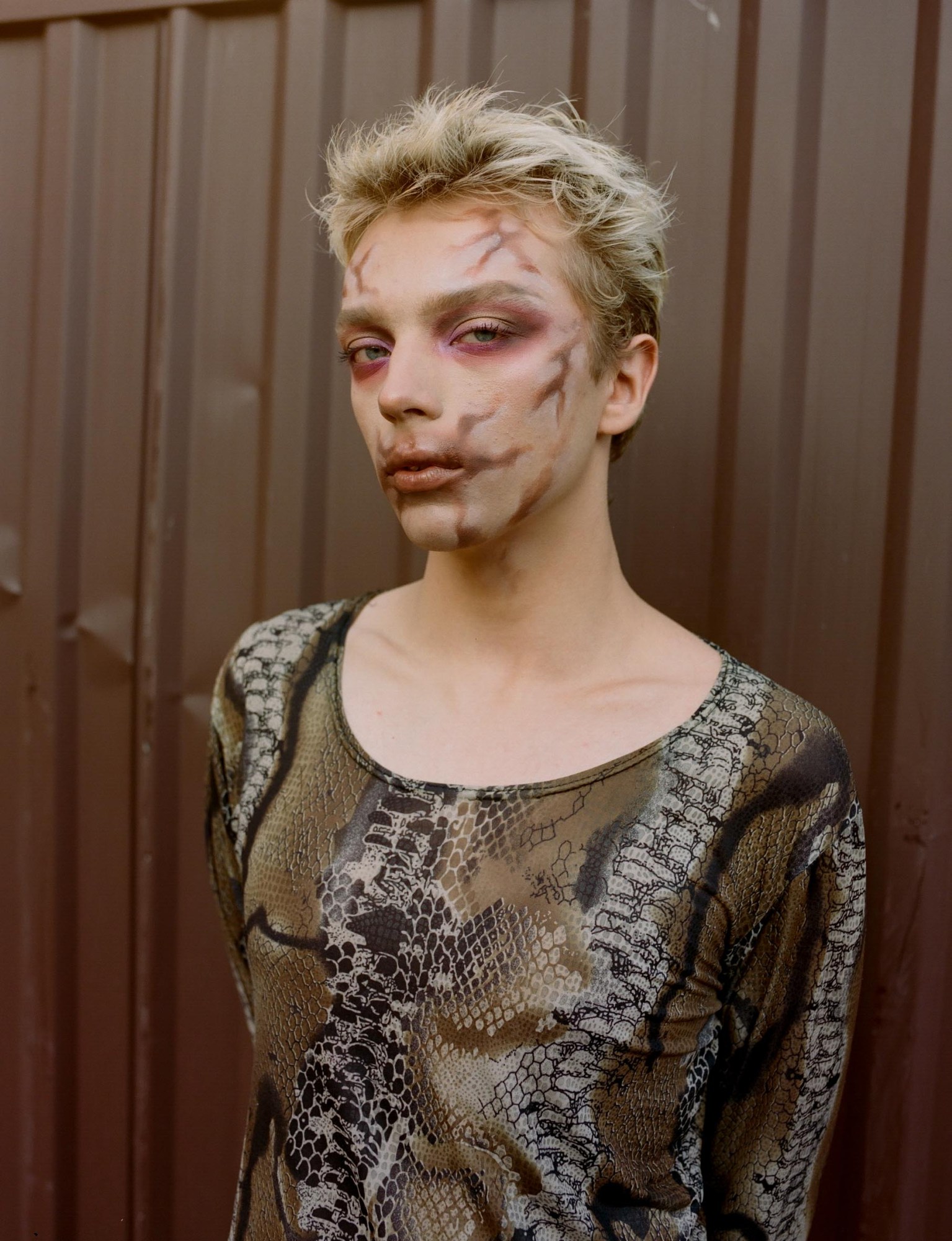
Nastie, 20
Describe Poland to someone who’s never been. Angry, lots of talented people though, and cold.
What’s it like growing up as a member of the LGBT community here? Stressful. I always wanted to hide from people, especially my family. My father wanted me to join the military, which was fucked up and dumb because I was a petite little gay kid. I think he wanted me to toughen up, but it didn’t work out because I’m a drag queen now.
Have you ever experienced violence in response to your sexuality? One time I went out to buy milk and these two guys came up to me even though I was wearing a big sweatshirt and pants. I didn’t look gay at all but they were calling me a faggot and one slapped me in the face. I ran home, crawled under a blanket and just cried.
What do you see for the future of LGBT culture in Poland? I see action. There’s a lot of activists and a lot of artists. One of my friends, who’s also a drag queen, has been signed to a mainstream model agency, so people are recognising our talent.
Are you proud to be Polish? I’m not proud of everything that’s been going on, but I’m happy to have been born here, because I get to be a part of this legacy. In 10-20 years’ time, people are going to remember what my friends, maybe even me, were doing, that we were fighting.

Martyna, 26
What was it like growing up as a member of the LGBT community in Poland? I never had an LGBT community. I realised I was queer when I was 11 and at the time, in the 90s and early 00s in Poland there wasn’t a lot of information or openness, so I was really confused and scared. I found a community about three years ago, but it was hard, there was a lot of homophobia still in schools and workplaces, so it’s sometimes not very easy to come out, especially when you’re non-binary.
How is the LGBT community responding to the ruling party’s propaganda? There’s a lot of protests and information spreading. The ‘I am LGBT’ viral campaign was also very helpful because you can see people, you can see faces, you can see a real someone behind this four or five letters. It’s important because what we’re lacking is representation in media, in films, in TV shows, in books – there’s this hole in Poland.
What do you foresee for the future of LGBT people in Poland? I see more people coming out. I see changes in language because we don’t have non-binary words, so we have to create them. It makes for a huge opportunity to create something new, to create ‘Polish queer’ – something of our own.
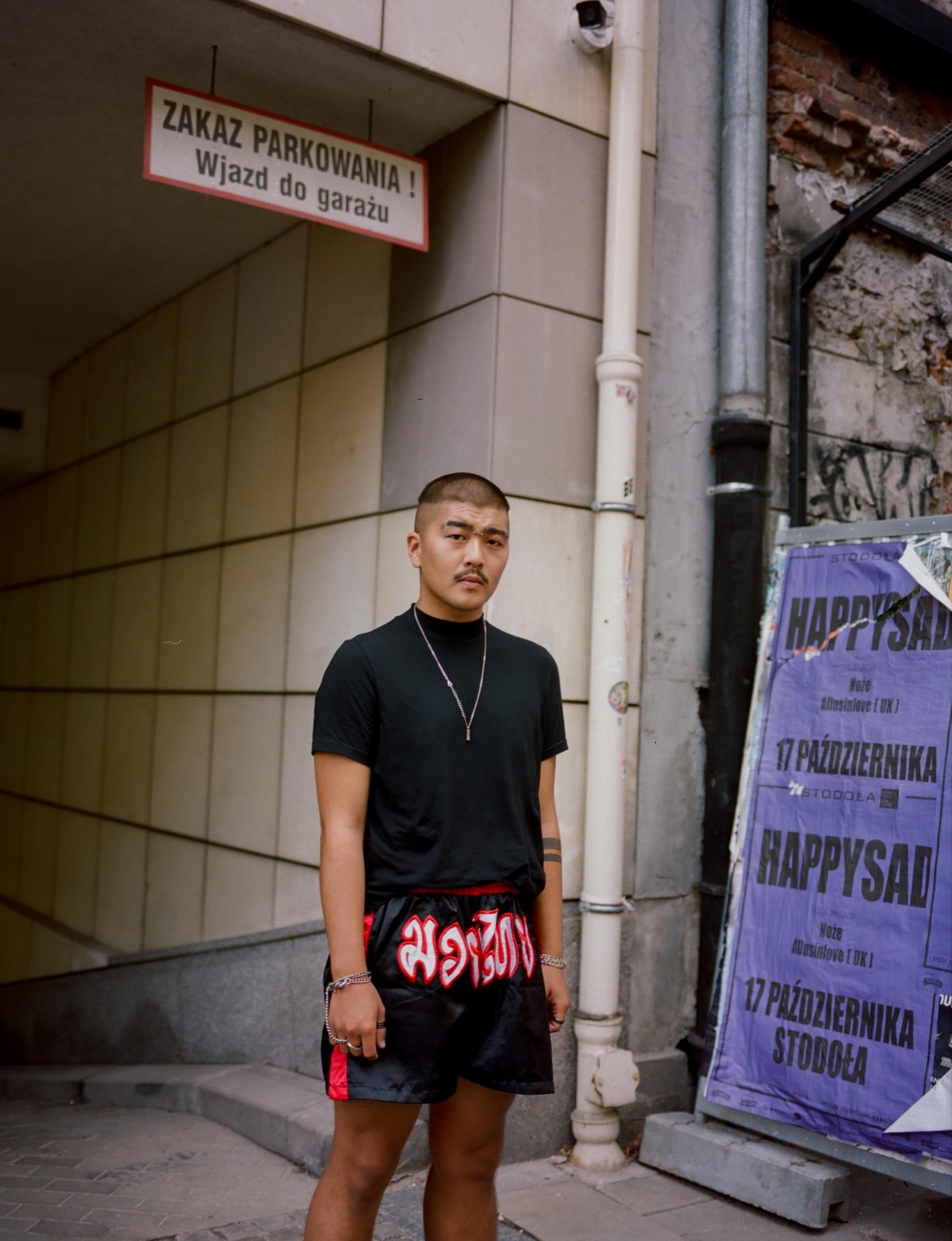
Adam, 22
What was it like growing up as a member of the LGBT community in Poland? It was pretty hard because not only am I gay but I was the only Asian guy in my neighbourhood. I had to build a kind of façade to deflect all the bullying and slurs. Some people want to be nice but every day I hear, “You speak very good Polish.” It’s condescending. I feel treated like an outsider. But I just said, “Thank you, so do you.”
Were you shocked by what happened at Białystok Pride? I live in a bubble somewhat, because I try to surround myself with loving and accepting people. Often I forget all the bad things happening around me and I think that’s the case with many LGBT people. So when we hear about something like Białystok the bubble just pops and suddenly we live in this demonic country where evil stuff happens.
Do you think the western media cover issues facing the LGBT community in Poland enough? It’s hard to say. I know the western media covered Białystok Pride, but maybe they should go more in-depth. For now it’s a one-sided story; that Poland is horrifying, terrible. You have to show both sides.
Are you proud to be Polish? Yes, I am proud, I’m grateful that I was born here, it’s a beautiful place, but ideally, I would take down all the borders and erase all the names of the countries.
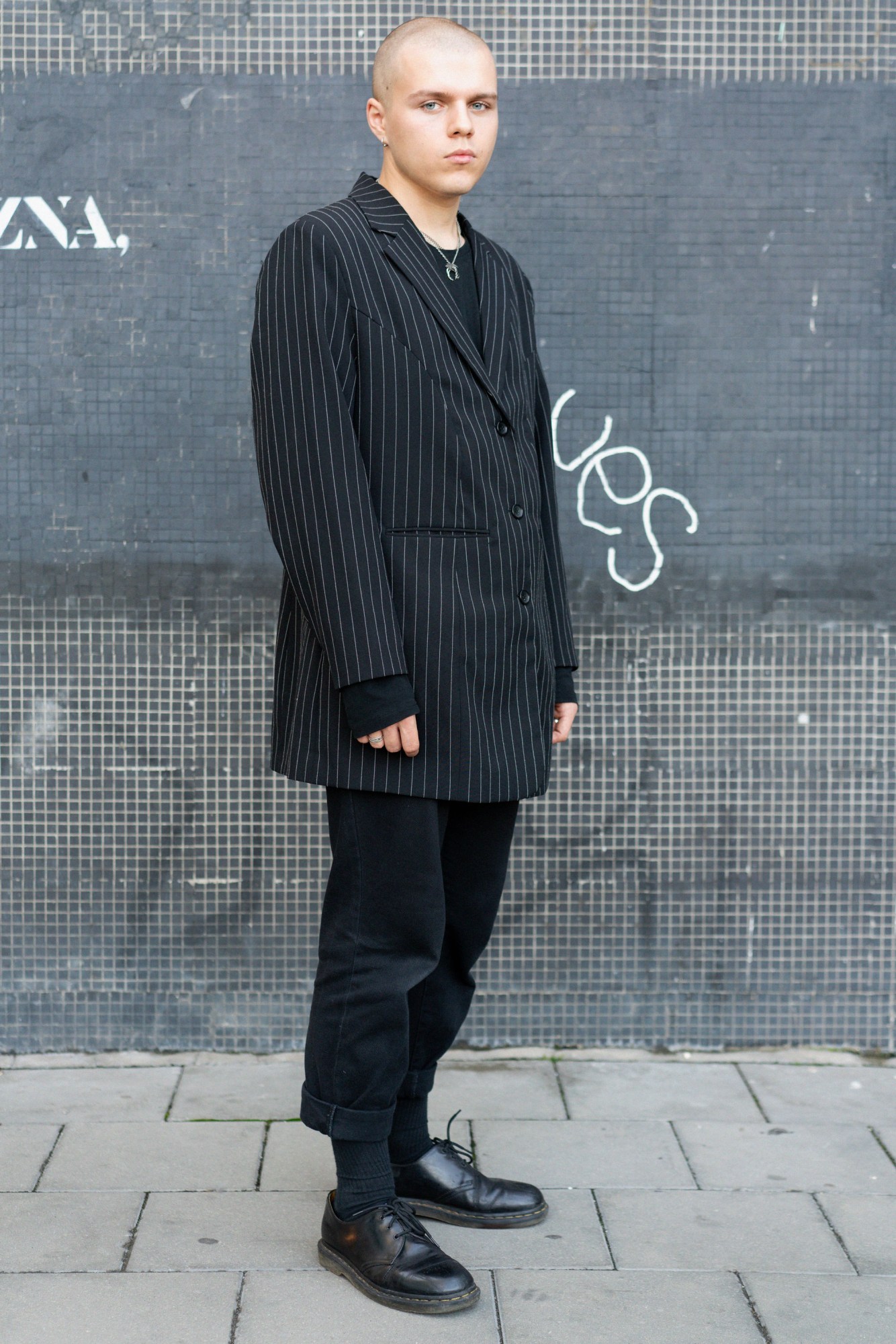
Filip, 21
What are the biggest issues facing the LGBT community in Poland? Obviously not having the same rights as everybody else, but also violence and anger – I’ve been witness to many instances of discrimination recently. But, hopefully, it will get better.
How has Białystok affected you as a member of the LGBT community? Because this event got so much recognition, a lot of things have happened. I see there are many more LGBT marches in Poland than there were a year or two ago, and they happen in the smaller cities which I think is very uplifting. The community wants to show that something is truly wrong — they really want to make a difference.
Do you have any LGBT role models within Polish mainstream culture? Within the mainstream culture, there’s only really [politician] Robert Biedroń. I’m much more inspired by the actions of [music collective] Oramics [who following Białystok released the compilation Total Solidarity to fundraise for Polish LGBT organisations] for example, because they come from the underground and they’re trying to get recognition worldwide. I think they’re the best example right now.
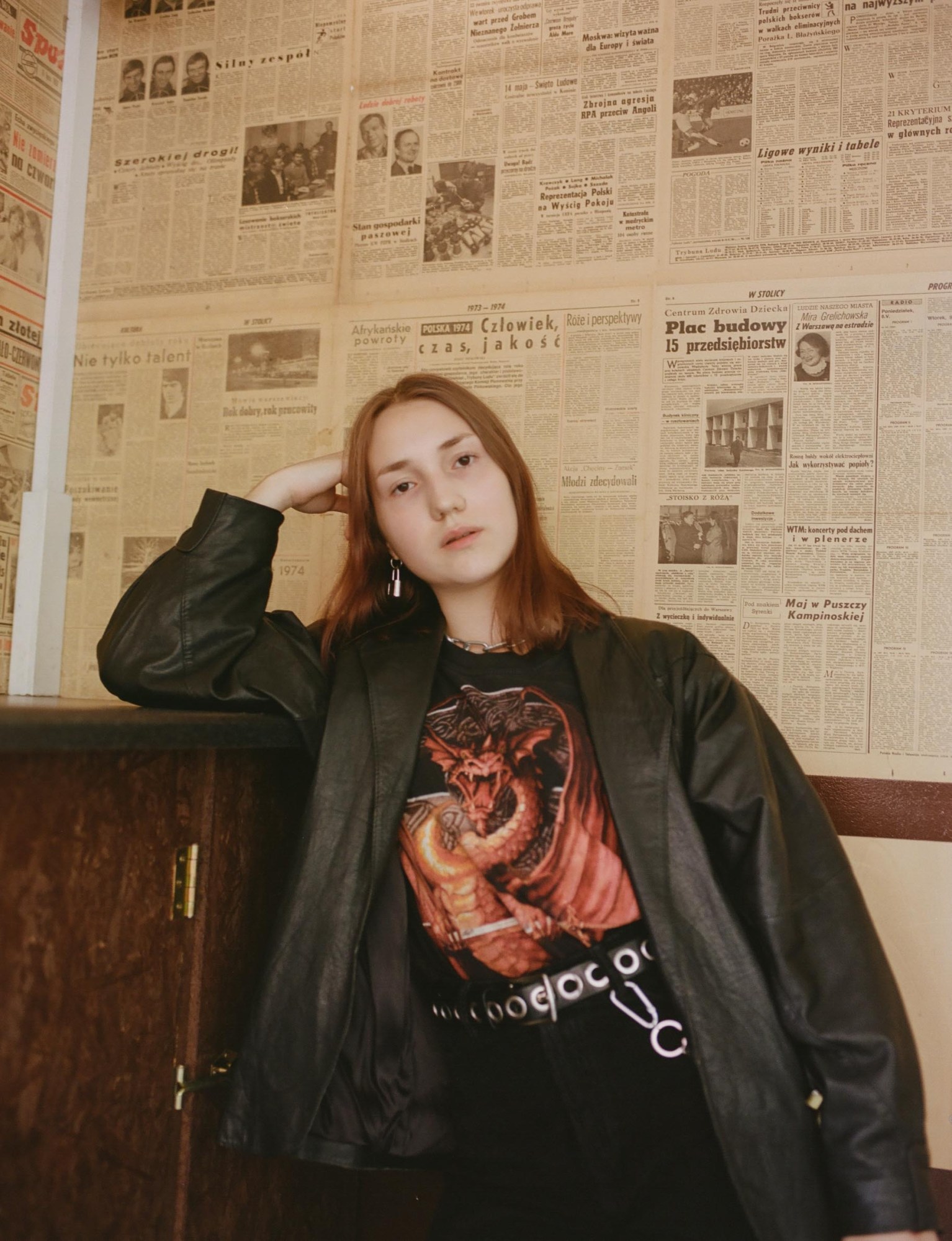
Marianna, 18
What are the biggest issues facing young LGBT people in Poland? I think lack of acceptance from your family and rejection from your friends are the worst things that you can face as an LGBT person. It’s often the case that young people’s parents have warned them not to have contact with LGBT people, or the media and political propaganda have.
What are you afraid of? Violence. Not being able to go out with my loved one and hold hands in public as heterosexuals do. Also being seen as a bad person because I’m part of the LGBT community – it’s not right to only see us only through the prism of being LGBT.
Do you have any role models within the Polish LGBT community in Poland? My friends who are open about their sexuality. They’re my biggest inspiration.
Are you proud to be Polish? Sometimes I am. It hurts a little when you meet someone from another country and they don’t know much about Poland. While the political situation is kind of embarrassing here, it’s not our fault.
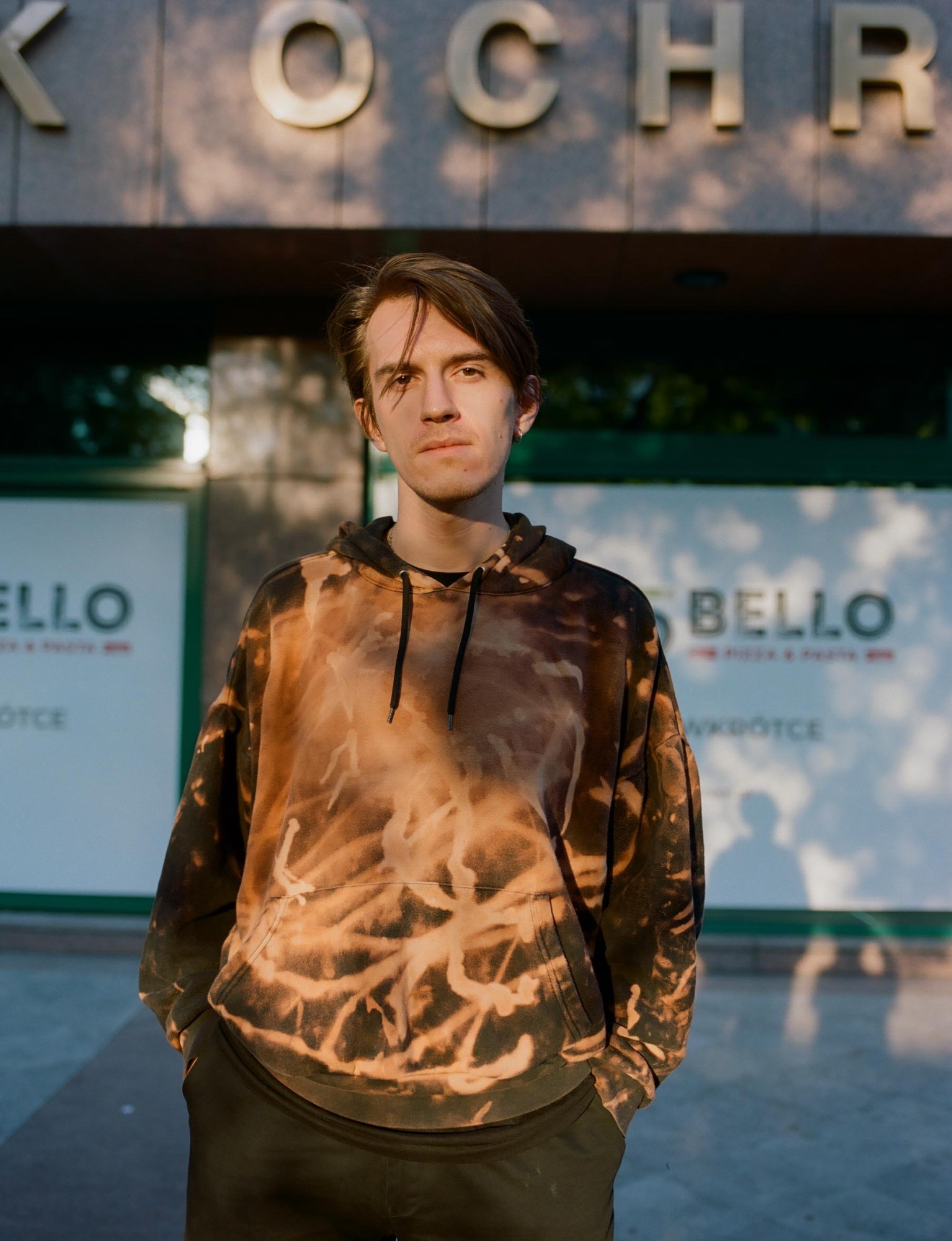
Simon, 26
How does being a member of the LGBT community in Warsaw compare to your hometown? Nobody knew I was gay until I moved out of my hometown of Częstochowa in southern Poland. Maybe a bit before, when I got accepted at university, I told a few of my friends, but I was hiding it for the most part because I knew I wouldn’t be able to hang out with my classmates if they knew. It’s so much safer to live in Warsaw. When I go back home I often experience homophobia — somebody once spat in my face.
Do you worry about things getting worse if Law and Justice get re-elected? If they get re-elected it will probably stay the same — I can’t imagine how it can get worse, are we going to get prosecuted? I don’t see that happening while we’re still in the European Union. But you can feel our government wants out — they’ll try to exit at some point.
What are the biggest misconceptions about Poland? That we’re cheap labour and that we only do physical work.
Credits
Text Kamila Rymajdo
Photography Jesse Glazzard
